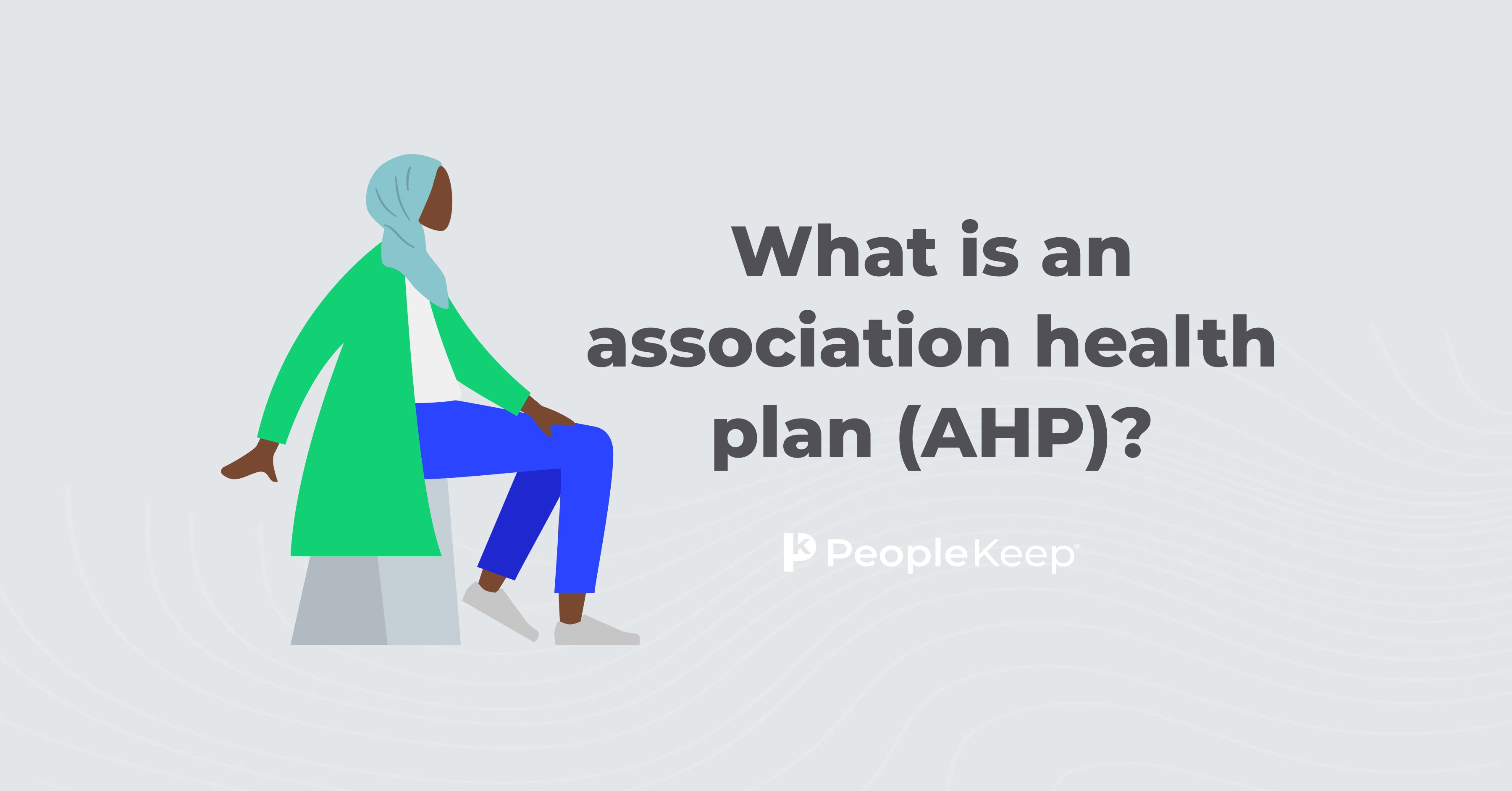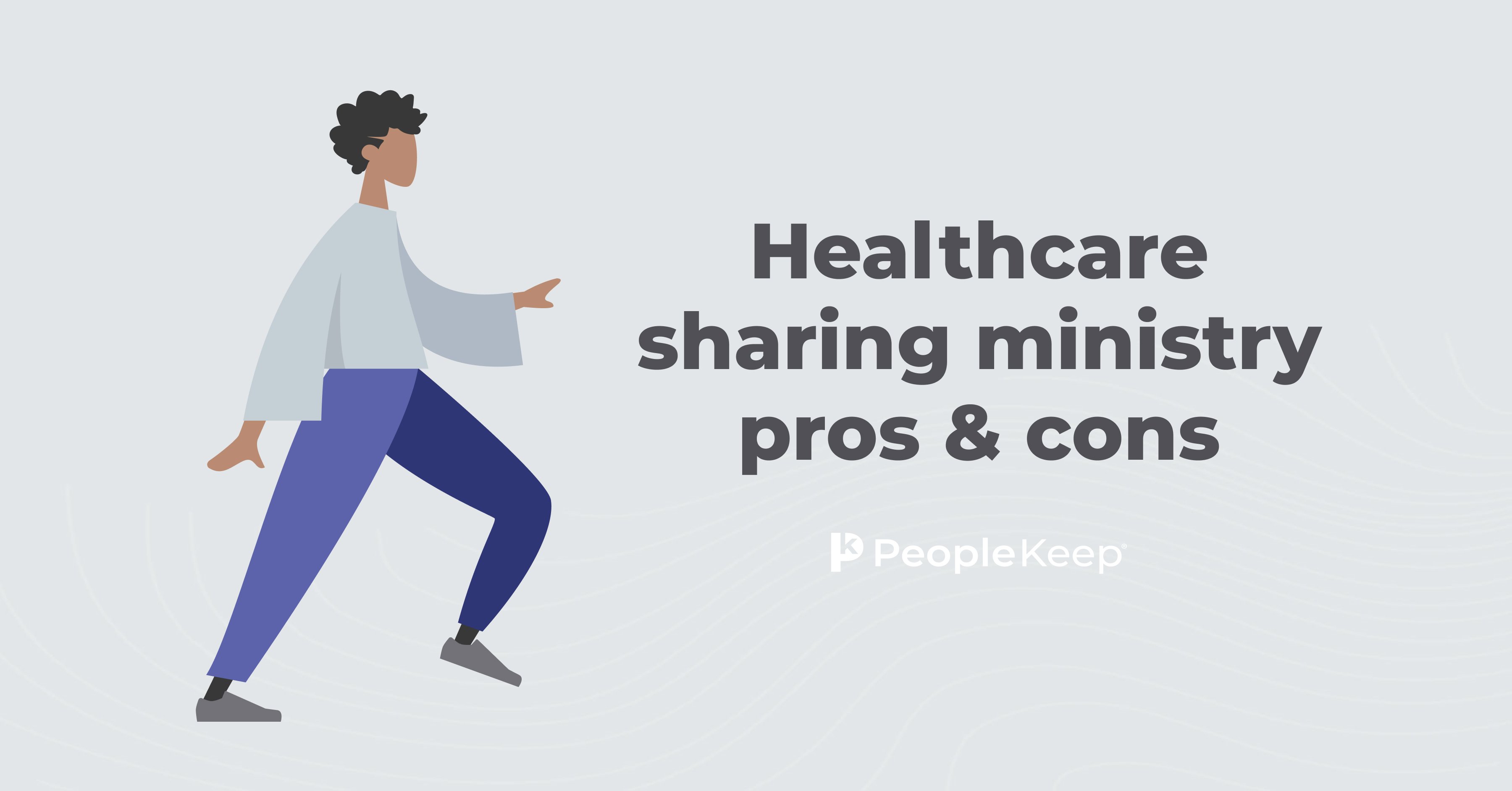What is minimum essential coverage (MEC)?
By Holly Bengfort on January 30, 2025 at 10:30 AM
Under the Affordable Care Act (ACA), minimum essential coverage (MEC) is any health insurance coverage that meets the individual shared responsibility requirement, also known as the individual mandate. While the federal tax penalty for not having MEC is no longer in effect for individuals, MEC is essential for various employer-sponsored health benefits.
In this article, we'll explain which types of insurance coverage satisfy the individual mandate, what happens if an employee doesn't have qualifying health coverage, and which type of coverage works with benefits such as health reimbursement arrangements (HRAs).
In this blog post, you'll learn the following:
- The different types of ACA-compliant coverage you can offer.
- Examples of employer-sponsored insurance.
- The tax benefits that HRAs provide to employers and employees.
What qualifies as minimum essential coverage?
MEC is any insurance that satisfies the ACA’s individual mandate. The plan must provide substantial coverage for hospital and physician services. It must also cover the essential health benefits without annual or lifetime limits. Finally, these plans must offer coverage to dependent children up to age 26 and meet the ACA’s preventive services standards.
Various insurance options meet the individual mandate. So, you're bound to find coverage that meets your personal and family needs.
We'll cover three types of coverage that satisfy the individual mandate:
- Employer-sponsored coverage
- Individual health coverage
- Coverage under government-sponsored programs
Employer-sponsored coverage
Let's start with the option you’re likely most familiar with—employer-sponsored coverage. This includes any group health insurance policy you got through your employer. According to KFF1, 54% of all workers in the U.S. have health coverage through job-based plans.
Examples of employer-sponsored coverage include:
- Employer-provided group health plans (fully-insured)
- COBRA continuation coverage
- Retiree coverage
Self-insured group plans can also meet MEC standards if they provide coverage for the ACA’s essential health benefits.
Individual health coverage
Next up is individual health coverage. This is any ACA-compliant insurance policy you purchased on your own. Despite the name, individual coverage can cover your family. While group health insurance policies are the traditional choice for health insurance, individual policies have grown in popularity in recent years.
According to the Department of Health & Human Services2, a record-breaking 24.2 million people signed up for individual marketplace coverage during 2025 Open Enrollment. That's more than double the enrollees from 2021.
You can only sign up for a marketplace plan during Open Enrollment unless you have a qualifying life event (QLE). A QLE can create a special enrollment period (SEP).
Examples of individual health coverage include:
- Health insurance you purchased from an insurance company directly
- Health insurance you purchased through the health insurance marketplace
- Most health insurance provided through a student health plan
- Check with your school to see if your plan counts as qualifying health coverage
Coverage under government-sponsored programs
Finally, there's coverage under government-sponsored programs. Depending on your age, disability status, income level, military service, or other factors, you may qualify for an insurance policy at a reduced cost through the government.
Examples of coverage under government-sponsored programs include:
- Medicare Part A coverage
- Medicare Advantage plans (Medicare Part C)
- Most Medicaid coverage
- Children's Health Insurance Program (CHIP)
- Most types of TRICARE coverage under Chapter 55, Title 10 of the United States Code
- Comprehensive healthcare programs offered by the Department of Veterans Affairs
- State high-risk health insurance pools
- Must be recognized as MEC by the Department of Health and Human Services
- Health coverage provided to Peace Corps volunteers
- Department of Defense Nonappropriated Fund Health Benefits Program
- Refugee Medical Assistance
What doesn't qualify as minimum essential coverage?
To qualify as MEC, an insurance policy must cover a minimum level of health needs. Any sort of coverage that provides only a “limited” set of benefits doesn't meet the individual insurance mandate.
Examples of coverage that may provide limited benefits include:
- Ancillary benefits coverage consisting solely of excepted benefits, such as:
- Stand-alone dental insurance
- Stand-alone vision insurance
- Accident or disability income insurance
- Workers' compensation insurance
- Certain Medicaid policies, including:
- Medicaid that provides only family planning services, tuberculosis-related services, or coverage limited to the treatment of emergency medical conditions
- Pregnancy-related Medicaid coverage
- Medicaid coverage for the medically needy
- Section 1115 Medicaid demonstration projects
- Certain TRICARE coverage, including:
- Space available TRICARE coverage provided under Chapter 55 of Title 10 of the United States Code for individuals who aren't eligible for TRICARE coverage for health services from private sector insurance providers
- Line of duty TRICARE coverage provided under Chapter 55 of Title 10 of the United States Code
- Certain AmeriCorps coverage, including:
- AmeriCorps coverage for those serving in programs receiving AmeriCorps State and National grants
- AfterCorps coverage purchased by returning members of the Peace Corps
- Indian Health Services plans
- Healthcare sharing ministries
Additionally, most insurance types offered between annual Open Enrollment periods, such as short-term health insurance, fixed benefit plans, and supplemental insurance, won't satisfy the individual mandate either.
Will I be penalized if I don't have minimum essential coverage?
When the federal government first introduced the ACA, Americans who didn't satisfy the individual mandate received costly penalties on their tax returns. As of 2019, the federal government no longer enforces individual mandate penalties. However, some states3 have their own individual mandates. If you don't live in a state that has an individual insurance mandate, you don't have to get an insurance policy that meets MEC if you don't want to.
Places with individual healthcare mandates include:
- California
- Massachusetts
- New Jersey
- Rhode Island
- Vermont (no penalty)
- Washington, D.C.
But, there are still reasons to choose coverage that meets the individual mandate. While the federal government no longer requires it for general health insurance needs, there are certain HRAs and employer-sponsored health benefits that require you to have MEC to participate.
Do I need minimum essential coverage to be eligible for an HRA?
Participating in an HRA is an excellent way to offset your monthly premiums for health insurance and other eligible medical costs through your employer, all while enjoying tax-free benefits.
However, you need to have insurance with MEC to participate and receive tax-free reimbursements.
We'll cover three of the most popular types of HRAs:
- The individual coverage HRA (ICHRA)
- The qualified small employer HRA (QSEHRA)
- The group coverage HRA (GCHRA)
The individual coverage HRA (ICHRA)
The ICHRA is a formal health benefit available to organizations of all sizes. Employers can reimburse employees for more than 200 out-of-pocket costs, including monthly premiums for individual health insurance coverage.
As the name suggests, the ICHRA requires individual coverage for employees to be eligible to participate. This coverage also needs to be MEC, but not all types of MEC will work with the ICHRA.
Acceptable insurance types under an ICHRA include:
- Qualified individual health plans purchased on the open market, the ACA healthcare marketplace plans, or plans on a private exchange as long as they cover MEC with no annual or lifetime limits
- Medicare Part A and B (together) and Part C can be integrated with an ICHRA and are eligible for premium reimbursements
- Student health insurance policies, except for self-insured student health coverage
An ICHRA isn't compatible with the following types of medical plan coverage, even if the plan provides MEC:
- Group health plans, including plans from a spouse or parent
- Association health plans
- COBRA
- Healthcare sharing ministries
- Self-insured student health plans
- Short-term limited duration insurance
- TRICARE
The qualified small employer HRA (QSEHRA)
A QSEHRA is a formal employer-provided health benefit for organizations with fewer than 50 full-time equivalent employees (FTEs). Like the ICHRA, employers with a QSEHRA can reimburse their employees tax-free for their medical expenses, including individual monthly premiums for health insurance.
All full-time employees are automatically eligible to participate in the benefit if they have coverage that meets MEC. Employers can also extend the benefit to part-time employees. If your employer reimburses you during a month when you didn’t have MEC, you'll have to pay taxes on each product and service you get reimbursed through your QSEHRA for that month.
Which plans can a QSEHRA reimburse? Find out in our blog post.
The group coverage HRA (GCHRA)
Lastly, there's the group coverage HRA (GCRHA), also known as an integrated HRA. This HRA is available exclusively for employers who want to offer an HRA to supplement their group health insurance plan. That means if you have a GCHRA from your employer, you're already covered under a qualifying form of MEC.
Conclusion
Under the Affordable Care Act (ACA), minimum essential coverage (MEC) refers to any health insurance plan that satisfies the individual shared responsibility requirement. This is commonly known as the individual mandate. Although the federal tax penalty for lacking MEC no longer exists for individuals, having MEC remains crucial for multiple forms of employer-sponsored insurance.
Understanding which types of insurance plans count as MEC is an important first step to choosing a policy that works best for you and your family, especially if you hope to combine your coverage with an HRA. Moving forward, you'll be ready to make smart choices about your insurance to get the coverage you need.
This blog article was originally published on June 9, 2014. It was last updated on January 30, 2025.
Check out more resources
See these related articles

What is an association health plan (AHP)?
An association health plan (AHP) lets small businesses band together to offer coverage. Explore how AHPs work and who qualifies to join one.

Healthcare sharing ministry pros & cons
Health sharing plans are an alternative to traditional health insurance. See the pros and cons of these plans to help you make an informed decision.

What happens if you miss Open Enrollment for individual health insurance?
Missed Open Enrollment for health insurance? Find out what options you have, including qualifying life events and special enrollment periods (SEPs).



